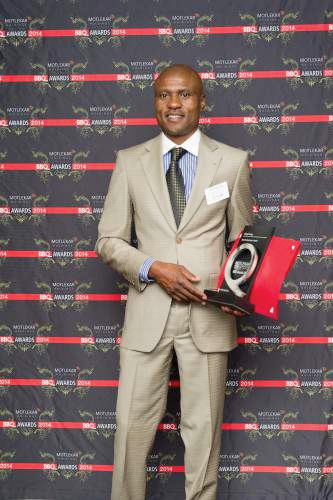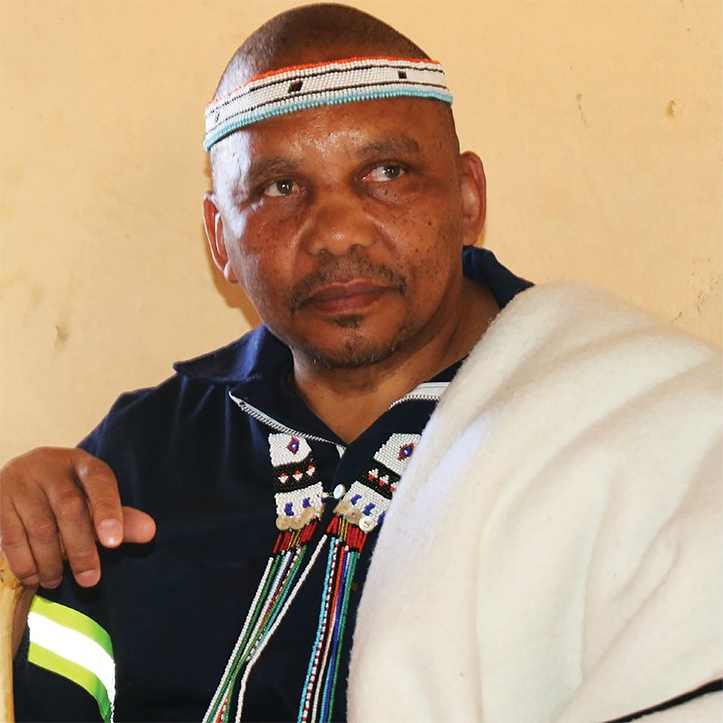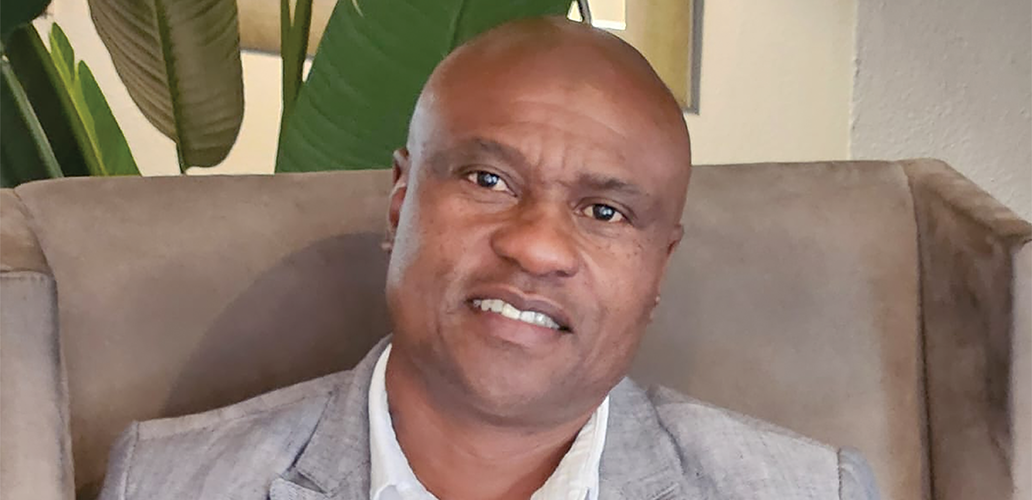PILOT; Oldclay Foundation has adopted several public schools in Gauteng and plans to build own academies countrywide to teach young ones culture and their heritage
By Ali Mphaki
Letsibogo Secondary School – situated in the heart of Soweto – is where it will all begin. Thanks to a groundbreaking partnership between the Gauteng Department of Education and Oldclay Foundation, which has been given the greenlight to adopt the top-performing Meadowlands All-Girls-No-Fee School to pilot a unique education system deeply rooted in culture and heritage.

The brainchild of renowned entrepreneur and philanthropist Keith Nkuna, Oldclay Foundation moves from the premise that the current system of education is creating a generation that is disconnected from their roots and ill-equipped to drive socio-economic progress in their communities.
The Foundation, of which Nkuna is chairman, envisages a schooling system that will immerse the young ones in their culture and heritage to instil discipline – as in the olden days when respect was the cornerstone of black life.
“Fact of the matter is that we are raising our children to speak more English than their mother tongues. We need a balance,” laments Nkuna.
Hence the foundation’s mission to revitalise African cultural values and knowledge systems to foster a sense of identity and self-worth among the young generation.
Keeping Nkuna awake at night is the deepening of social ills, the breakdown in respect, gender-based violence, rampant indiscipline at schools and mental health issues especially in black communities.
Nkuna reckons that “as a society, we are scarred and damaged”.
But, while the sheer scale of these social ills in black communities may seem insurmountable and intractable, not so for Oldclay Foundation which seeks to confront the challenges head-on and in a concerted manner.
”We strive to create an education that is both globally competitive and deeply rooted in their cultural heritage, enabling them to contribute more effectively in the development of their communities,” explains Nkuna.
It is Oldclay’s stated objective that the creeping state of despair must eventually yield to the cultural and heritage influences.
To kick-start the project, the Foundation has begun putting systems in place to launch what they call a Potters Voice – the first of its kind – to provide all Soweto learners with a platform to air their views on whatever issue that irks them. Potters Voice will be manned and operated by the learners themselves as part of a comprehensive media training programme, which will include video-making and production.
Much grateful for the Gauteng education authorities’ gesture to allow his foundation adopt Letsibogo Secondary School, Nkuna harbours a dream to have Isintu Sethu Academies build their own schools where they will put his unique project into action.
He reasons that the Isintu Sethu ideals and concepts of infusing cultural and heritage of education will complement the current government education system, forging mutually beneficial partnerships that will make a huge difference in the education of the black child in the long-term.
Further bringing a smile on Nkuna’s face is the overwhelming support the project has received from various stakeholders, among them traditional leaders, including Nkosi Pathekile Holomisa, one of the top leaders of the Congress of Traditional Leaders of SA.
In a Twitter message recently, Nkosi Holomisa enthused about the Isintu Sethu project, adding how proud he was to be associated with it.

Holomisa also pledged to make land available for the erection of the academy in the Eastern Cape province.
The department of education has also expressed support for its collaboration with the foundation, with the Strategic Partnerships Director, Advocate Solane Mlambo, saying they welcome any progressive project that has the potential to develop fully cultured learners.
“This partnership bodes well for the future of our learners in their quest to become meaningful and productive members of society,” he said.
Equally excited is Letsibogo principal Ellen Mothopo and the school’s governing body, both of whom have expressed hope that the project will enhance the culture of teaching and learning at the school creating “a happy renaissance”.
While further details are still pending regarding the project, Nkuna adds that they’ve already assembled a team of educators, including psychologists, cultural activists. Some in the private sector have also shown interest in the project and were willing to offer support for both the school and podcast, he said.
Nkuna added that he could not stress enough the value in teaching African children about the importance of knowing and cherishing “where they come from”.
Letsibogo might just be “the first flower of our wilderness”, he posits, alluding to the school’s significance in setting the tone for the future success of the pilot project.































